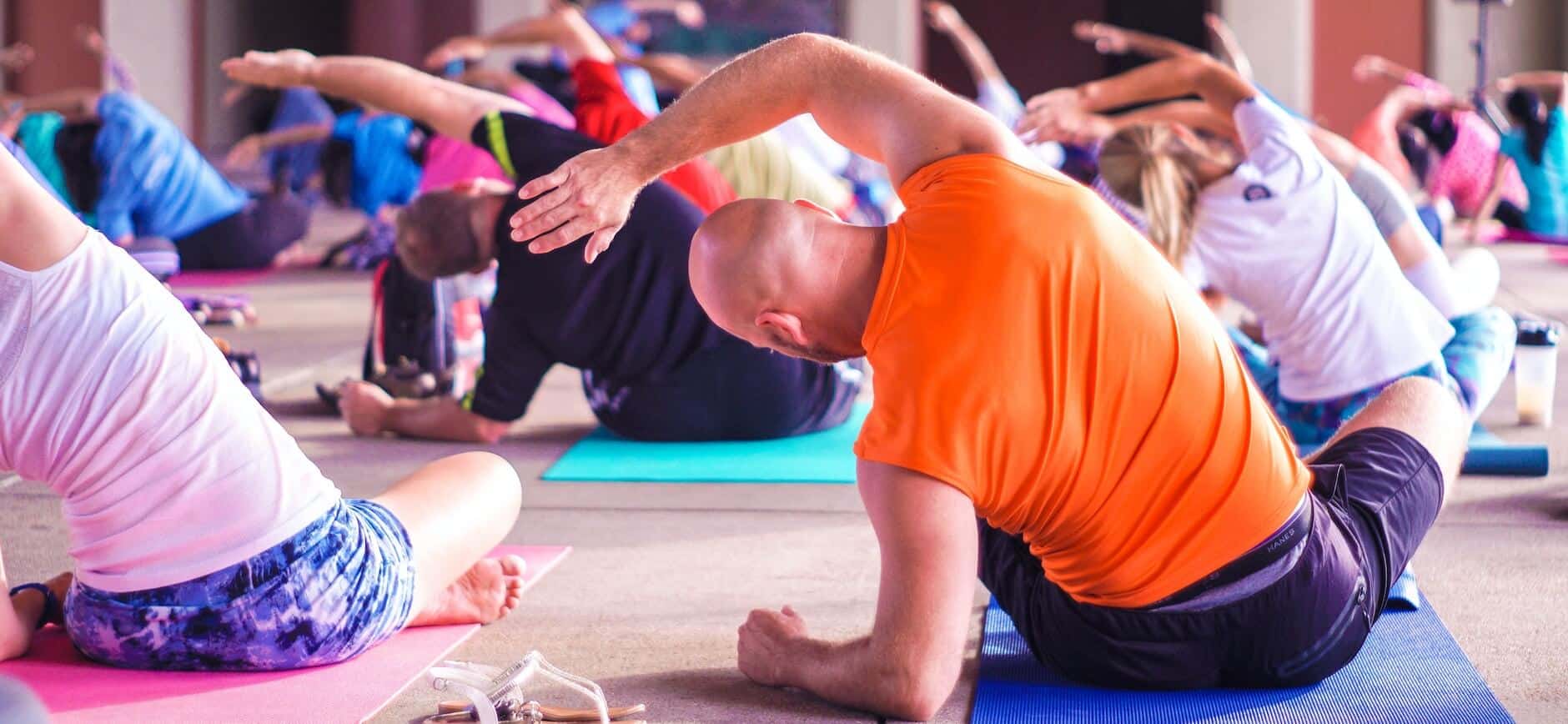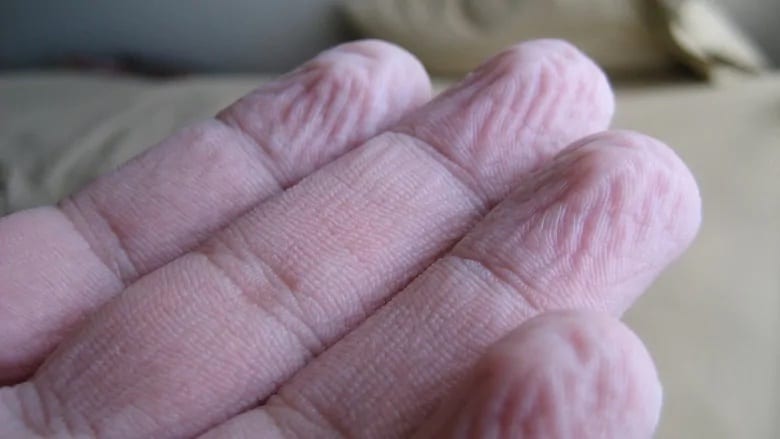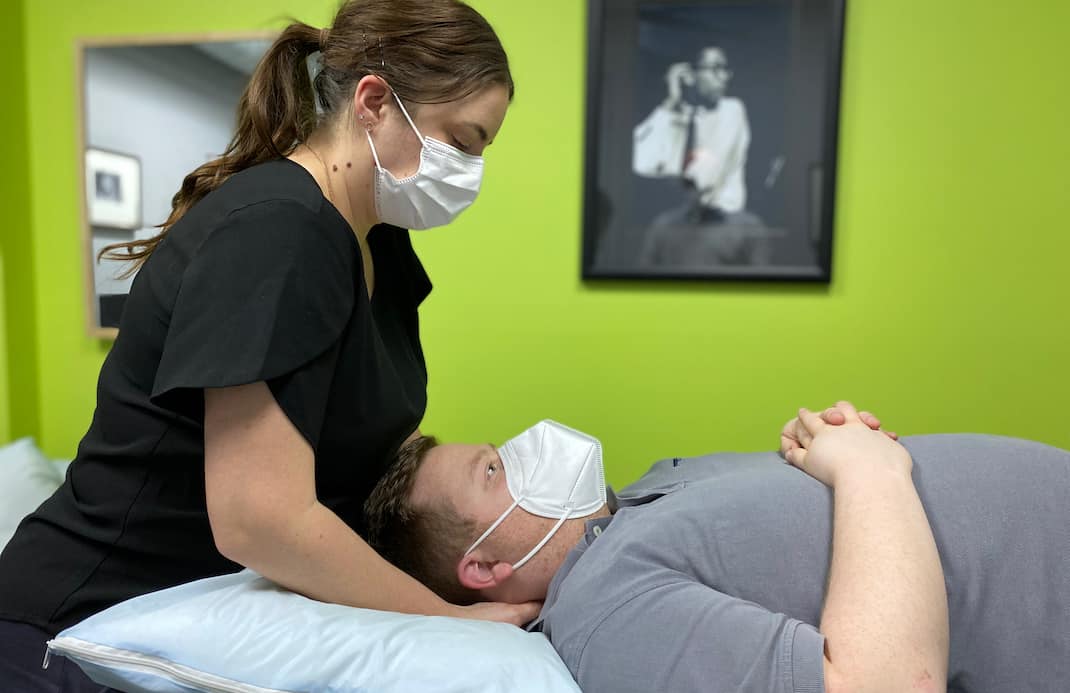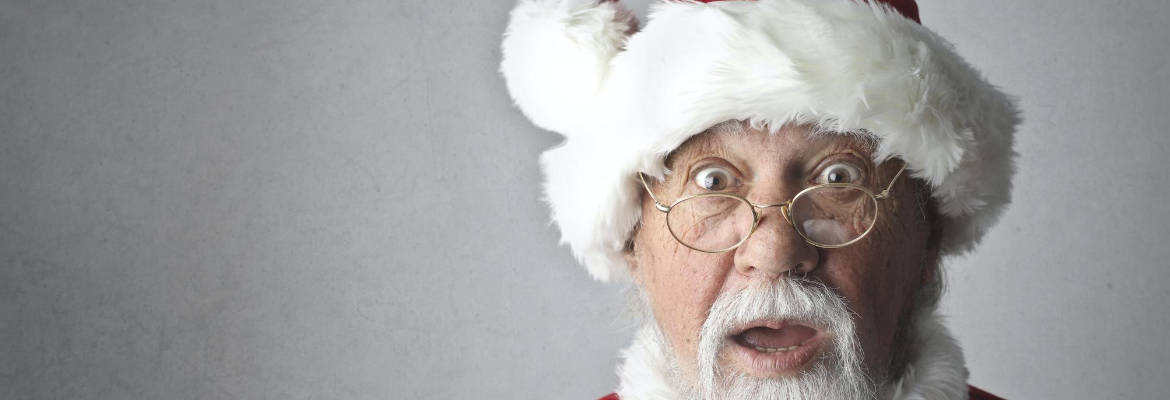New Years resolutions are bollocks. There I’ve said it. If it were something important, why wouldn’t you make a goal and start doing it in December?
How many New Years Resolutions have you set over the last five years THAT YOU HAVE ACTUALLY ACHIEVED?
You might start with a head full of steam and you actually keep it going for a bit, but then the default position kicks in. I know only too well.
I read a blog recently that outlined why this is. Thought provoking and worth considering for your own year coming up.
The reasons why New Years Resolutions don’t work
1. It takes a while to truly change a habit
It is hard to reach a goal that is a 12 month goal. Hard because they are really big goals.
To crack a 12 month goal, it takes a lot of commitment and usually some form of habit change.
There is a cliché that it only takes 21 days to form a new habit. The recent research points towards 60-360 days to form a new habit. That is really different, isn’t it?
Stop feeling like a goose if you haven’t established a new habit in 21 days, and realise that it takes a bit longer than you previously might have thought.
2. Goals need to be aligned with your values
To achieve goals or New Years Resolutions, they need to be aligned to your values. What do I mean by that?
The goal needs to be aligned with things that are important to you in your life, or it might not be worth bothering – you won’t achieve it.
If you want to lose weight, you are more likely to be successful in the long term if it is really important to you, rather than just ‘my New Years Resolution is that I want to lose weight’.
For example, you might be more likely to achieve that as a goal if you got a shocking cholesterol result or you get told that you have developed type 2 diabetes or some other kind of medical scare, and you care about your health.
There is a big difference between ‘I should lose weight’ or ‘I would like to lose weight’ and ‘I must lose weight because I am at risk of losing my leg’, yes?
It shouldn’t mean that you need to be at risk of losing a limb before you lose weight though. I just means that if you want to do it, it has to be important enough for you.
And then you would be most successful if that diagnosis was going to interfere with something that you hold as a high value like family, work or hobbies. And perhaps less successful the goal of losing weight didn’t align with the values of someone who puts a high value on eating ice cream or rich foods.
Your goal has to align with one of your highest 3 values. A good place would be to think about what your highest 3 values are and go from there. Does this goal that you are making align with these?
3.The goal can’t be too chunky
You can either make the big entire goal or you can work out the components of the goal and work on each of those components.
eg I would like to read the whole book on ‘Movement Of The Cane Toads Throughout Northern Australia – so my first goal is to read Chapter 1 by the end of the week. Then Chapter 2 by the end of the following week etc.
Note that it is much easier to read the book if it is something of interest, or something that you must read because if you don’t, not only will you fail the subject, you will also get kicked out the course.
[It might be harder to read if it is a book that someone has suggested that you read.]
As Henry Ford said ‘ Nothing is particularly hard if you divide it into small jobs’
(Actually, Henry Ford said a lot of really cool things – he might be my favourite author of quotes at the moment. He also said ‘If you think you can do a thing or think you can’t do a thing, you’re right’ – that it gold!)
4. Resolutions should be New Years SMART Goals.
Lastly, the guts of goal setting is the idea of SMART goals. I wonder how many new years resolutions are smart resolutions.
If you haven’t come across SMART goals, they are Specific, Measurable, Achievable, Relevant and Time-related.
From the Cane Toad book example above, note that it would be much easier to achieve the chapter goal by the end of the week because it is easier to hold yourself accountable than to just say ‘I am going to read the book’.
It is specific, measurable, achievable, relevant (if you are into Cane Toads) and time-related if you set yourself the goal by the end of the week.
So make SMART New Years Resolutions if you really want to achieve them. Otherwise, don’t bother because they won’t last!















